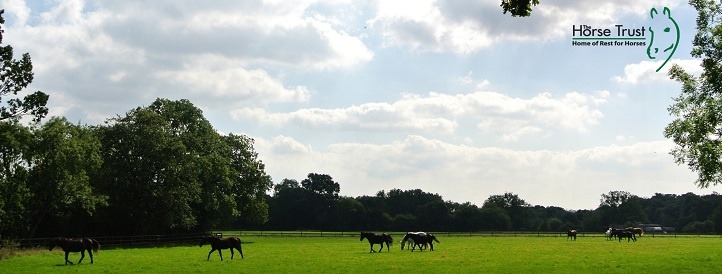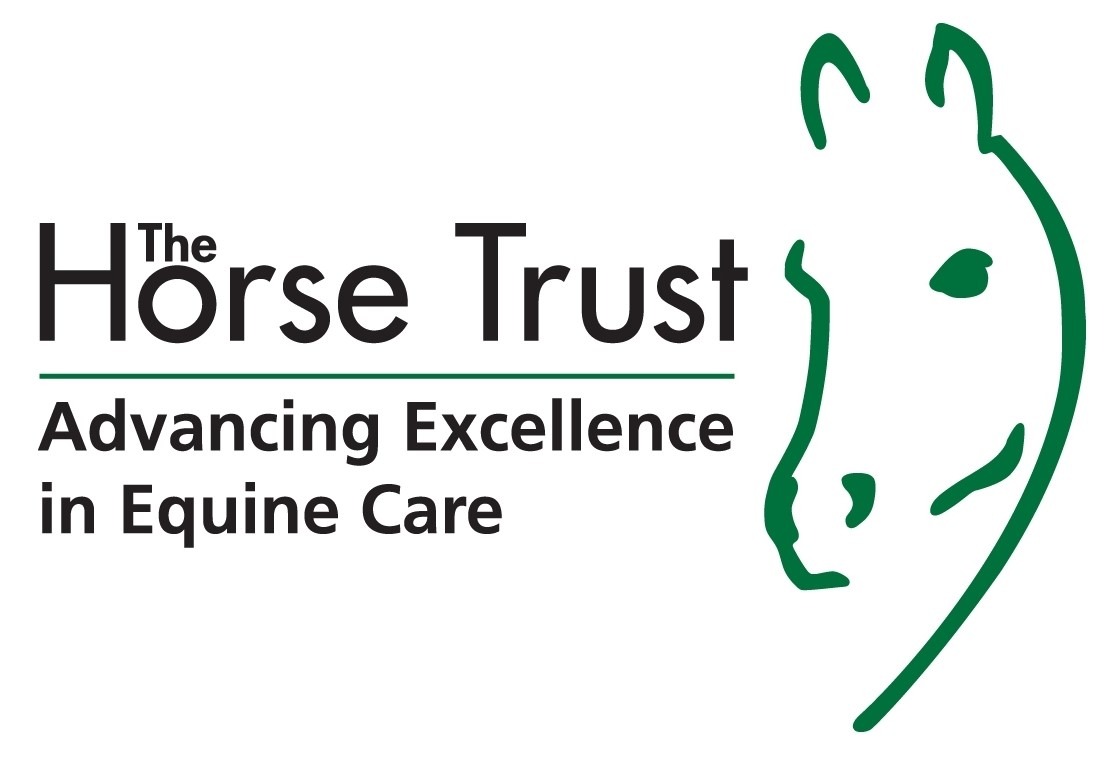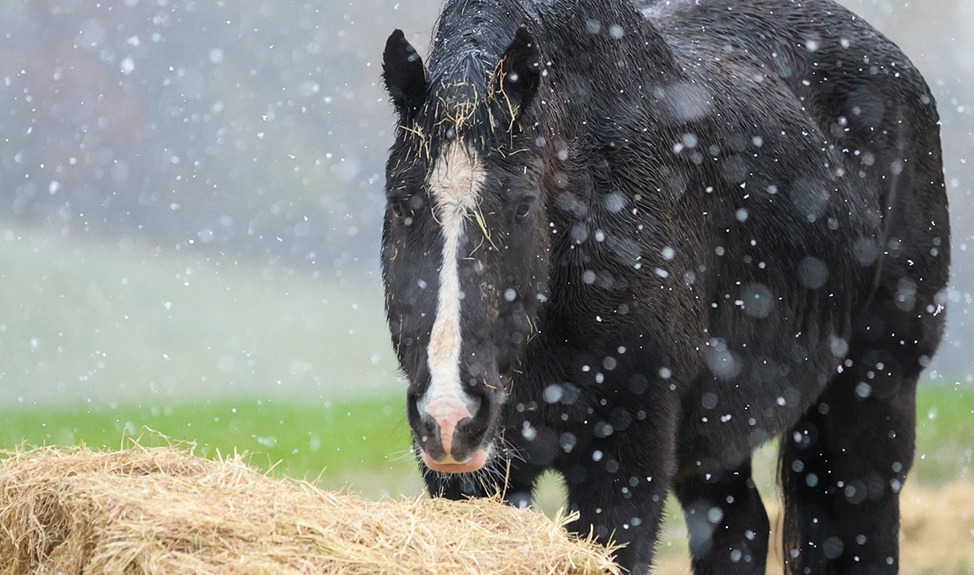At The Horse Trust, we’re committed to protecting not just the horses in our care…

Horse Performance “Not Significantly Affected by Tendon Injury”
The Horse Trust-funded research also found that there was no significant difference between case and control horses when returning to racing and completing three races. Only after completing five races, or three years post treatment, was a significant difference found between case and control horses. This finding is a step towards developing a more accurate assessment of tendon treatment – outcome after five races or three years post treatment is a better indicator of the outcome of treatment.
“At the moment, some tendon treatments state their success as the percentage of horses that return to racing after treatment. However, we’ve shown that there’s no significant difference between case and control horses at this time,” said O’Meara. “At the moment, there are a myriad of treatments available to treat tendonitis. Hopefully this finding will be used in further research to learn which treatments are most effective.”
O’Meara’s research also found a link between SDF tendon injury and the racehorse competing at its maximum performance level: the case horses were significantly nearer to their pre-injury maximum performance level in the race immediately before injury (compared to matched controls), suggesting that they were competing nearer their individual maximum performance level when the SDF tendon injury occured.
Bryan O’Meara MVB, MRCVS is in the final year of a three year clinical training scholarship funded by The Horse Trust. His surgical residency is split between Donnington Grove Veterinary Surgery in Newbury and The Weipers Centre for Equine Welfare, School of Veterinary Medicine at the University of Glasgow.
More information on Racing Post Rating (RPR):
The RPR is published by the Racing Post newspaper, as an aid to gambling; it is calculated for every race in the UK at the end of every day by a small team of observers. The figure is calculated according to the distance won/beaten in lengths in relation to the other horses (collateral form) and their ratings and the amount of weight the horse carried. However, unlike the official handicap rating RPR reflects the horse’s performance in a single race and not the potential of a horse.
1 2















Comments (0)